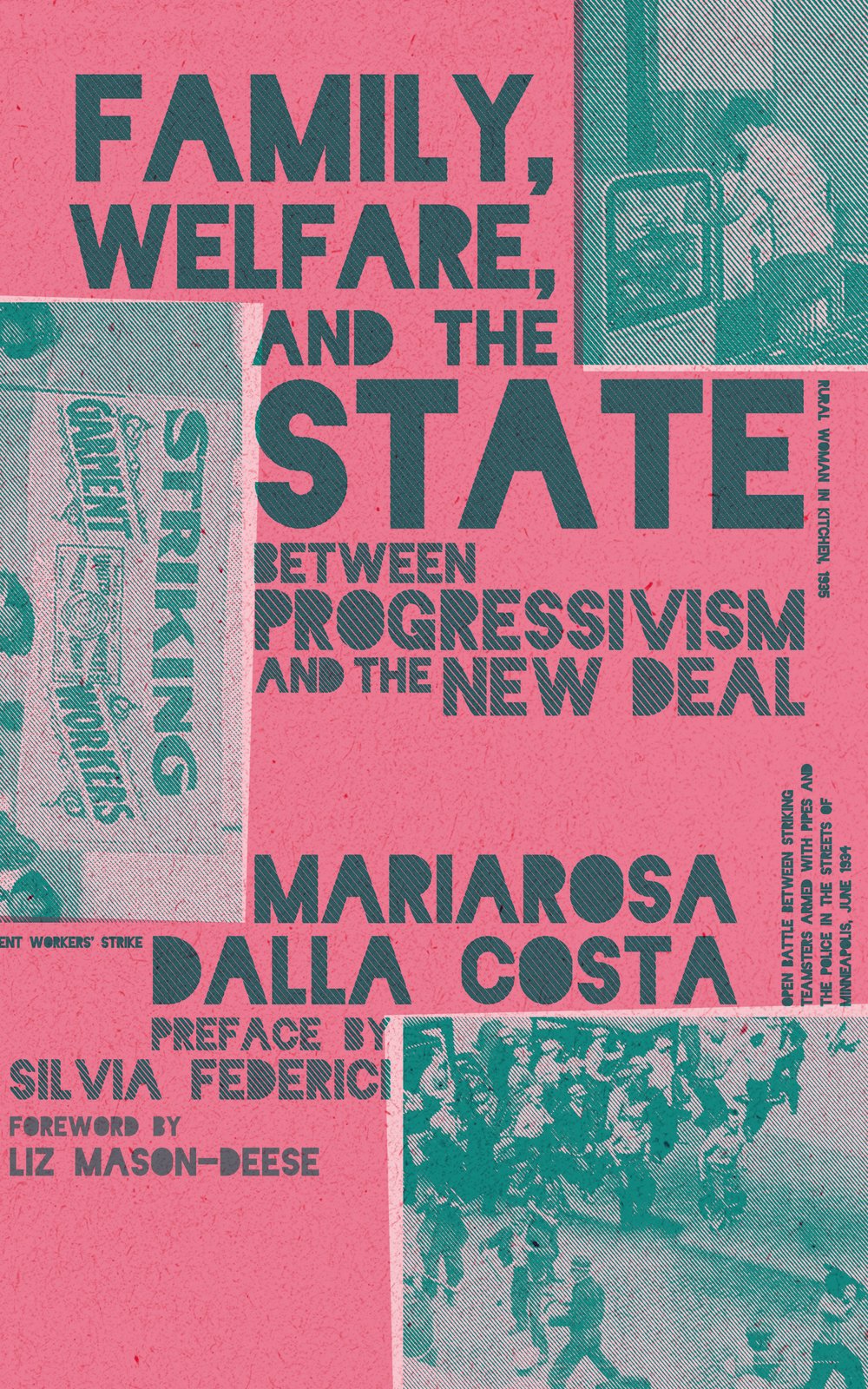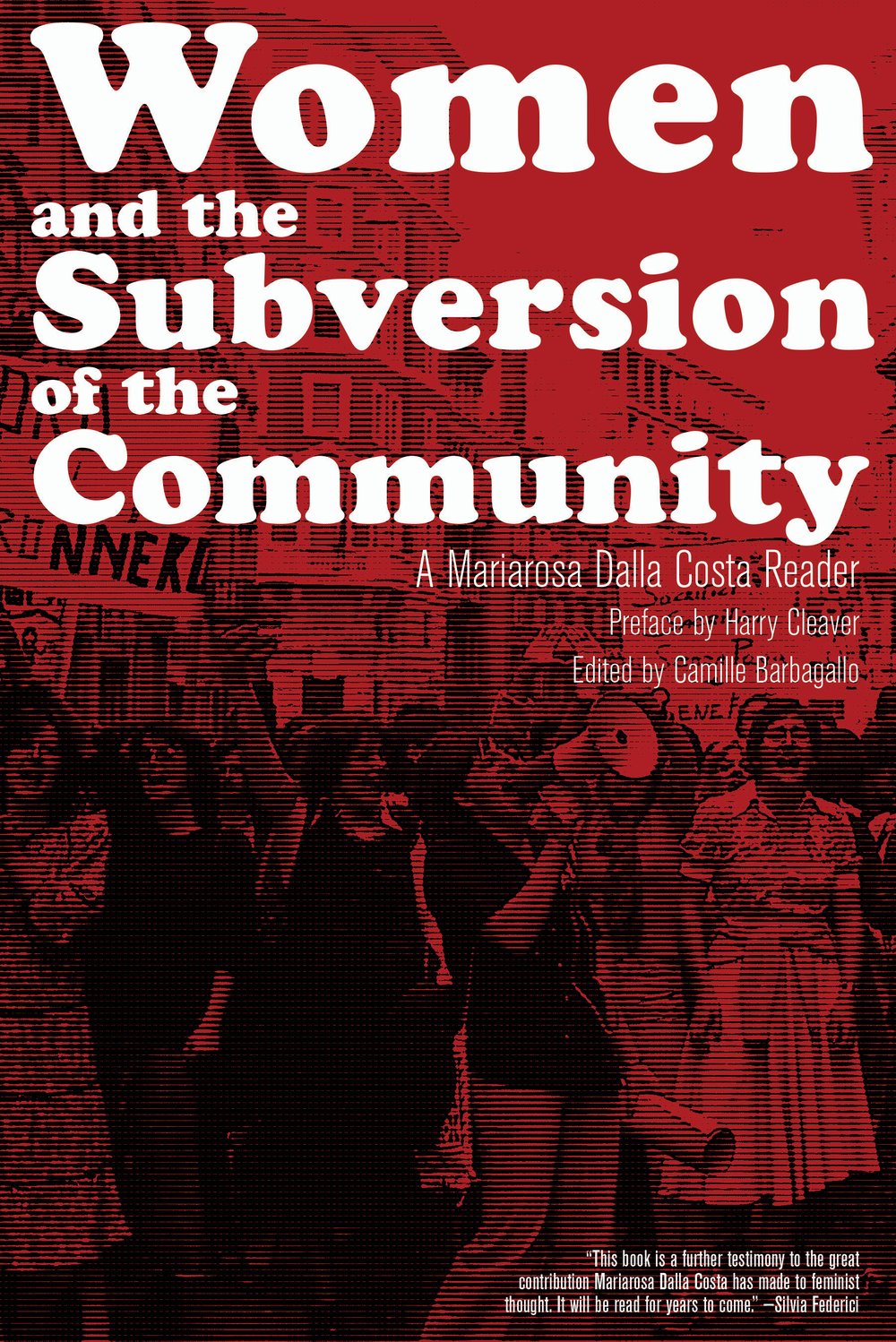Family, Welfare, and the State
Between Progressivism and the New Deal, Second Edition

“Dalla Costa shows that with the New Deal, the state began to plan the ‘social factory’—that is, the home, the family, the school, and above all women’s labor, on which the productivity and pacification of industrial relations was made to rest.”—Silvia Federici
In a groundbreaking study, Family, Welfare, and the State offers a comprehensive reading of the welfare system through the dynamics of women's resistance and class struggle. Mariarosa Dalla Costa, a key figure in the International Wages for Housework campaigns, highlights how the New Deal concretized the central role of women and the family in ensuring the capacity for economic growth and the reproduction of labor power necessary for the maintenance of capitalism. As social movements fight for and secure government relief for mass unemployment in a way not seen for decades, it is essential to understand how the deals—especially governing race, class, and family relations—struck by earlier generations of activists have shaped our world. A new foreword makes clear Dalla Costa’s importance to understanding the functioning of social reproduction in a world ravaged by COVID-19.


